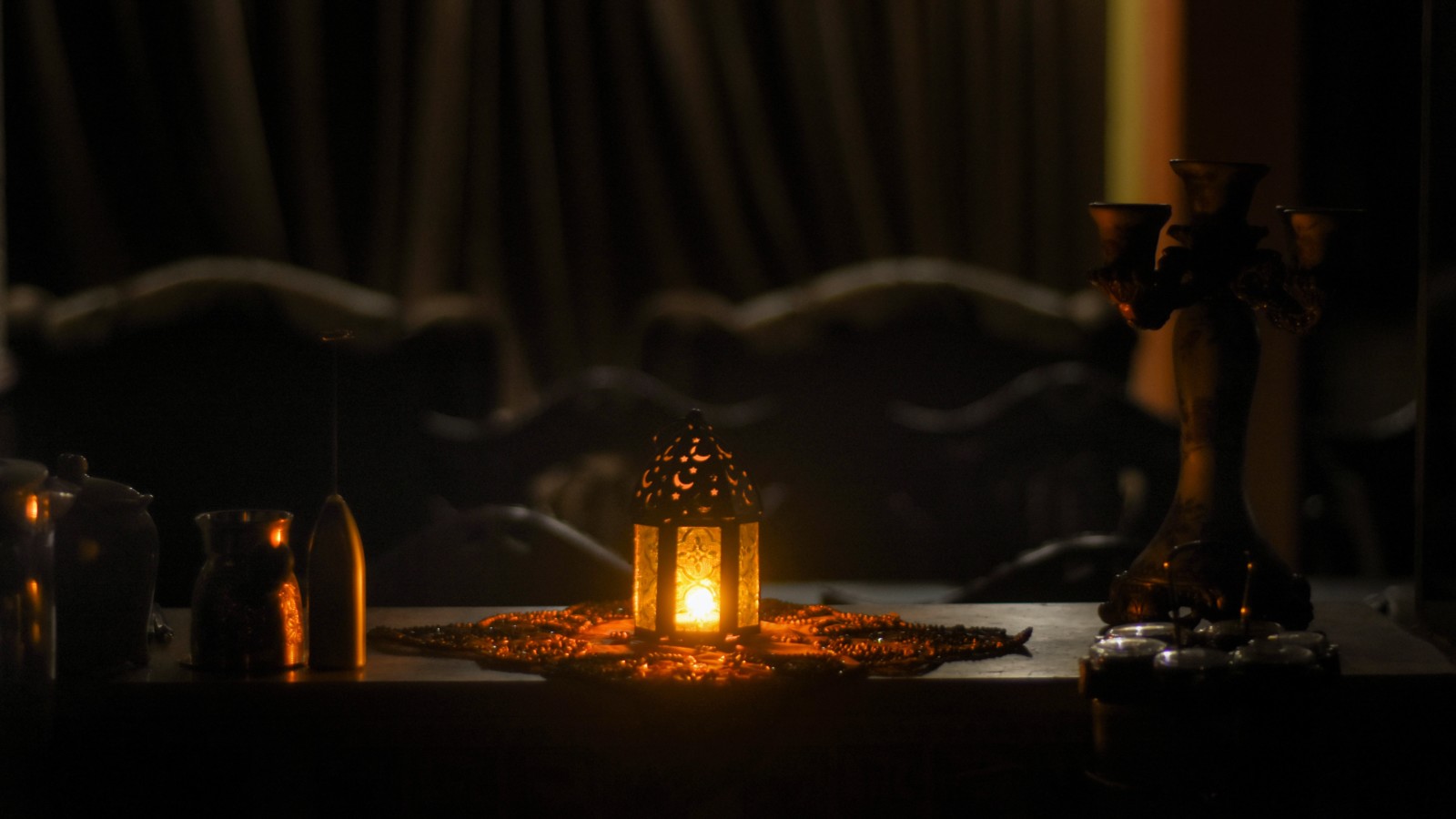
My first experience of witnessing a live family event must have been a happy one: my nephew or niece’s birthday party, perhaps, I can’t remember. I can vaguely recollect the happy smiles, the commotion, the cackles. I can recall them when I make a conscious effort.
But the memory of hearing my Appa (dad) take his last breath over the phone and exactly a year later watching my (Periya Appa) paternal uncle’s funeral virtually is etched in my brain. And this is seven years ago. That’s because research suggests we tend to remember traumatic events more vividly and in detail compared to happy memories (Kensinger E. A. (2009).
Both their deaths were unexpected and sudden. Deaths that, along with the ton of grief, broke the illusion of virtual closeness. It also made me realise the personal cost many daughters, sons and families like mine may have to pay in exchange for chasing a new future when migrating to another country or pursuing opportunities overseas.
I was fortunate seven years back that I at least got to participate in the last rites of my Appa (father). I’m grateful for the time, as it bought me closure and helped me cope with my grief. Though I still sometimes recollect the incident of how he passed, the sting and pang of sorrow, anguish and guilt of not being there when he died are gradually fading.
I genuinely believe that’s because I experienced and witnessed my family’s coping mechanisms. Watching my aunts and uncles and extended family rally behind us, witnessing that while we did sob uncontrollably at the mention of my dad’s name, we also had shared moments of laughter when we collectively reminisced his happy days.
Fast forward today, this is no longer an option for many of my fellow people of Indian heritage, to both the ones who live far away and, in some instances, even to the ones who reside in India.
As of today, India – my heartland is bleeding, caught in the crossfires between a pandemic and diminishing supplies. Visual stories of depleting oxygen reserves, shortage of hospital beds, mass cremation, no land for burial, of loved ones cremated alone are rampant. Even if you are not an ardent news follower or live under a rock, there is no escaping it if you own a smartphone.
While I’m not suggesting that we stay oblivious or turn a blind eye to the unfolding humanitarian crisis, I’m urging the Indian diaspora overseas and people living in India to become conscious and aware of the vicarious trauma and the secondary trauma inflicted on the experiencers and receivers of the image.
Vicarious trauma is a term coined by Pearlman & Saakvitne (1995) to explain the transformative changes an individual undergoes in their emotional and belief system when exposed to a traumatic event. Secondary trauma, a concept developed in the early 1990’s explains the effects of post-traumatic stress and anxiety experienced by people who are helping or who witness the traumatic incident even when they may not have directly experienced it (Tend, 2021).
With the second wave affecting nearly every other family, the anxiety and helplessness of being a bystander to the situation already weigh heavily on most of us. Adding the mental image of burning bodies, of people gasping for air, in my opinion, only further corrodes our mental and emotional reserves.
The psychological ramifications of experiencing this collective crisis are surely going to take several years to recover. So let’s not disadvantage ourselves by burdening us and others with secondary trauma. In this atmosphere where gaining closure no longer seems to be a viable option, let’s honour the departed ones and their families by offering them the dignity of the privacy they deserve.
To go through this long haul, we must keep the light of hope alive, to stay alive. It’s imperative we rally together and support each other and keep each other in good stead. We must also use all our resources wisely to become part of the solution.
So do forward verified details of hospitals or resources that are offering support.
Do forward words of support or voice messages to loved ones, letting them know that we may not be on the ground, but we understand their grind.
Most importantly, do forward the message that this time shall pass too.
Let everything happen to you
Beauty and terror
Just keep going
No feeling is final.
Rainer Maria Rilke
Rupa Parthasarathy is the founder of Mindkshetra – A mental health studio invested in nurturing life stories using creativity. A Counsellor and Art therapist she offers a range of creative art workshops, creative art therapy workshops, psychoeducational sessions to empower young people and adults to nurture inner wellbeing and support their journey on coping with life adversities. She works with educational institutions, organisations and communities and offers fun and interactive sessions to promote mental wellness. To know more about her work check out https://www.mindkshetra.com/


